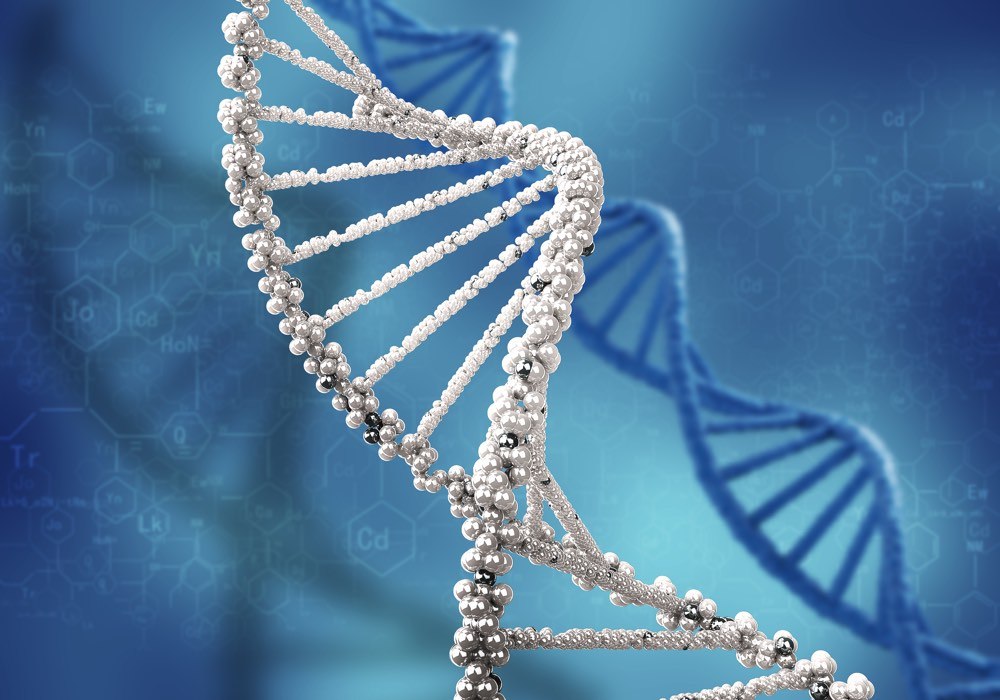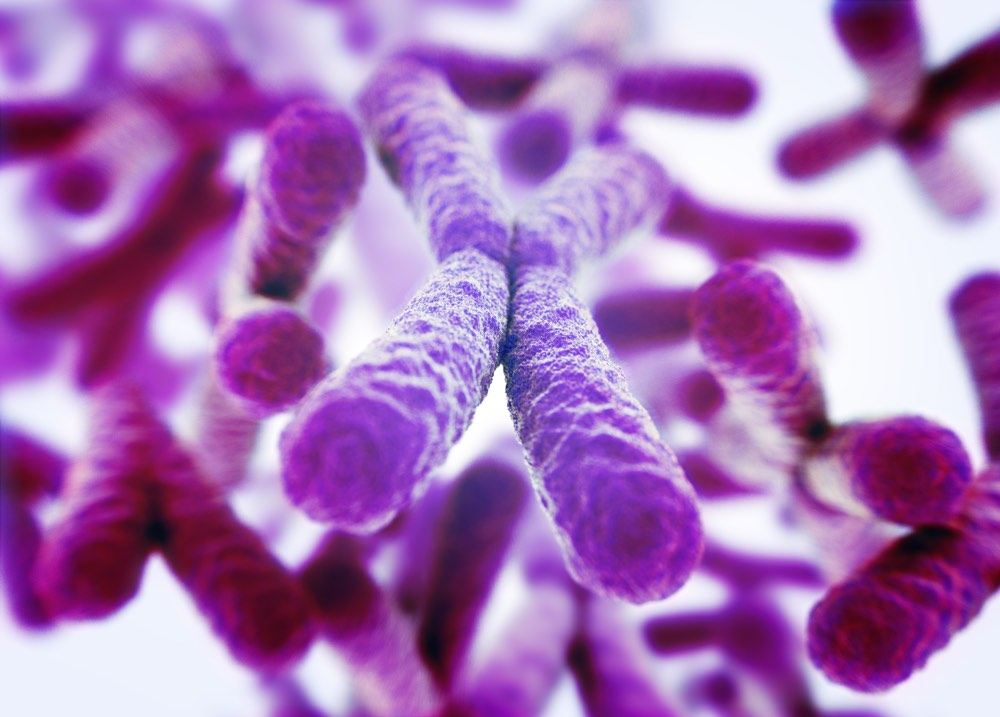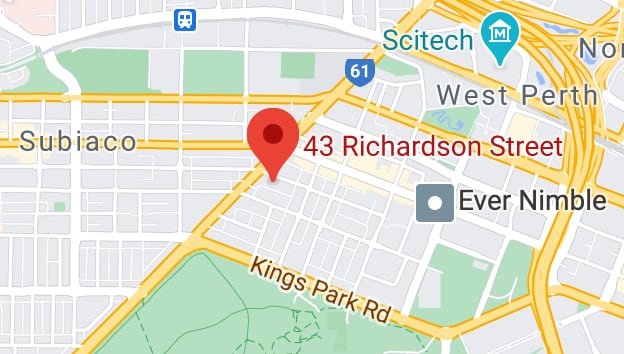Fertility treatment Perth | Dr Hunter Genetic testing specialist Perth
IVF Genetic Testing
Fertility treatments have come a long way, and now fertility specialists can use techniques such as pre-implantation genetic testing to ensure the best embryos are used in your IVF journey, therefore having the greatest chance of success.
What is it?
Why is it used?
Who is it for?
What is pre-implantation genetic testing?
Pre-implantation genetic diagnosis (PGD), is the process of removing a sample of cells from an embryo created using IVF or ICSI to test for specific genetic conditions, such as cystic fibrosis or Duchenne Muscular Dystrophy, before transferring the embryo to your uterus.
PGS or Pre-implantation genetic screening, is the process of removing a sample of cells to test the chromosome copy number in an embryo.

Humans have 23 pairs of chromosomes, that's 46 in total. Having an extra or a missing chromosome causes disorders such as Down Syndrome. Keep in mind that PGS is not looking for specific disease diagnosis. It is merely screening an embryo to ensure it has the correct number of chromosomes before it is transferred back into the uterus.
Comprehensive fertility treatment is planned and coordinated with Monash IVF West Leederville, one of WA’s leading fertility centres.
Call us to make an appointment: 1800 628 533
Why it’s important to test the embryos?
Embryos may look ‘normal’ under laboratory conditions, but even those that grow to the blastocyst stage, which is around day five to six, might not have the right number of chromosomes. If they are transferred into the uterus, they will likely result in no pregnancy or an early miscarriage. Using PGS improves the chances of a pregnancy with an embryo that does not have a chromosomal abnormality detected and reduces the time to pregnancy. PGS may help the following patients;

- When you have had more than three documented failed transfer cycles.
- Patients who are 35 years and older.
- When you have a history of recurrent pregnancy losses.
- Patients who have had a previous chromosomal abnormality pregnancy.
Types of testing
An embryo biopsy removes about three to eight cells from each day five embryo, also known as a blastocyst, then the cells are sent to a lab for testing.
Need more information?
So, while these techniques are a fantastic tool that can be incorporated into your IVF cycle, you need to be aware of the strengths and limitations of preimplantation genetic testing. Dr Tamara Hunter can help guide you regarding the appropriate use of these test and whether you may benefit from incorporating them into your IVF cycle.
Dr Tamara Hunter
Dr Tamara Hunter is the only female Certified Specialist in Reproductive Endocrinology and Infertility (CREI) in Perth. "My role is to help you identifying the problem, and choosing the right treatment with you and your family. In the Fertility area I help with identifying the causes why you're not falling pregnant, or assist with sperm, egg or embryo preservation."
If you and your partner need help exploring fertility treatment, it means that your time is precious. It also means that you want to tap into the expertise of a highly qualified and experienced specialist. An important aspect to check is that your specialist holds a Certificate of Reproductive Endocrinology and Infertility. In Western Australia, only 3 specialists are CREI accredited and I am the only female among this small group.
Useful links
IVF isn’t something that can be done quickly. Check out the IVF journey in more detail and read about IVF Success Rates.
Your IVF Journey
IVF isn't something that can be done quickly. Read more about the journey when you consider IVF treatment.
READ MORE
Dr Hunter

Contact Me
My Practice

Dr Tamara Hunter consults at The Woom
43 Richardson St
WEST PERTH WA 6005
Call: 08 9388 7780

